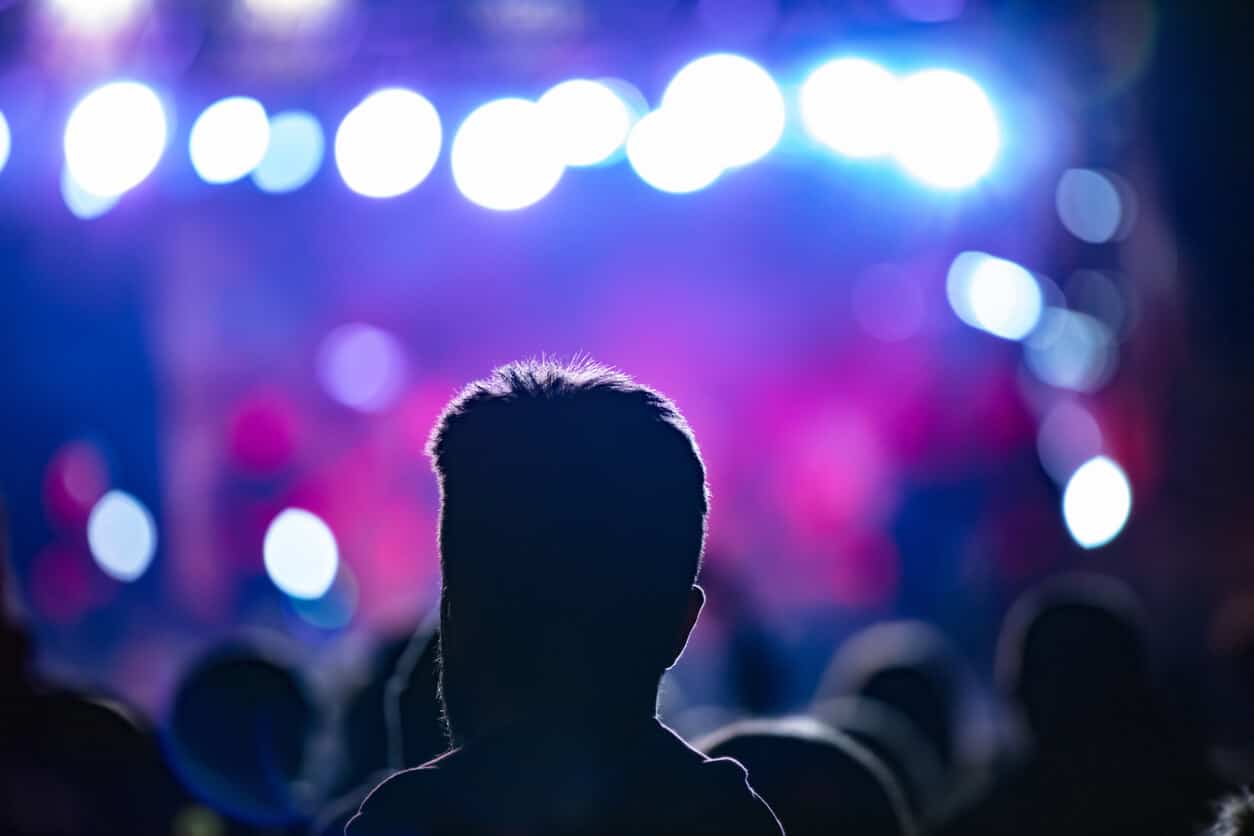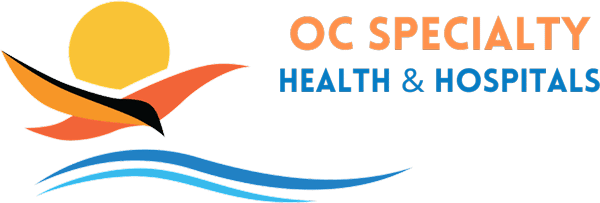
Many people have heard of club drugs from movies and TV shows. These substances are often used at parties, raves, or nightclubs. But what some may not know is that using these drugs can lead to serious addiction.
Many people who struggle with addiction to these drugs also face challenges with their mental health. Let’s get into the details of club drug addiction and its link to mental health conditions.
What is Club Drug Addiction?
Club drugs is a name for drugs commonly found at parties, concerts, and other nightlife events. Some of the most well-known include MDMA (often called “Ecstasy” or “Molly”), Rohypnol (“roofies”), and GHB.
These drugs can make a person feel great for a few hours. But over time, the brain starts to crave that feeling again and again, which is how addiction sneaks in.
People don’t plan to get addicted. But the more they use, the harder it becomes to stop. And before they know it, the drug becomes a need, not a choice.
Signs and Symptoms of Club Drugs Addiction
How can you tell if someone is addicted to club drugs? Look out for these possible signs:
- Physical Signs: People who are addicted to club drugs often look tired and drowsy. Their eyes could be bloodshot, and their weight might change suddenly.
- Behavioral Signs: They may stop hanging out with old friends and start with a new group. They could be secretive or lie about where they’re going. In some cases, they might even start stealing or selling things to buy drugs.
- Emotional Signs: Mood swings are a big red flag of club drug addiction. They might be super happy one minute and deeply sad the next. Or they could get angry easily and have outbursts.
These signs don’t always mean someone is using drugs. The key is to approach them with care and concern, not blame.
Impact and Effects of Club Drugs Addiction
Club drugs might seem fun at first, but they come with a cost. Over time, they can harm the body and brain.
- Body Problems: These drugs can make your heart race or even cause long-term damage. They can severely hurt your liver, a vital organ that helps clean your blood. Some people who use club drugs even have seizures.
- Brain Changes: Club drugs mess with the brain’s wiring and can have lasting effects. This can lead to memory problems or trouble thinking clearly. Over time, it can even change a person’s personality altogether.
- Life Troubles: Beyond the body and brain, club drugs can mess up someone’s life. They might start failing in school or losing jobs. Relationships with family and friends can become strained or even fall apart.
The Connection Between Mental Health Conditions and Club Drug Addiction
When mental health conditions are already in play, the situation gets more complicated. Many people who use club drugs also struggle with mental health conditions. Conditions like depression, anxiety, or bipolar disorder can lead people to turn to these substances.
Some people might use drugs to cope with their mental health struggles. They look at it as a temporary escape. But in the long run, these drugs often make those conditions worse. In some cases, the drugs might also trigger new mental health problems.
Treatment for Club Drug Addiction
The good news is that help is available. But treating club drug addiction, especially with mental health challenges, requires special care.
- Dual Diagnosis: This is what it’s called when someone has both addiction and mental health troubles. Treatment centers that offer this kind of care understand the unique challenges facing people with both.
- Therapy: Talking with a trained therapist can be helpful and healing. They offer tools and strategies to cope without drug use.
- Medication: Some people may benefit from medicine prescribed by a doctor. Especially if they have a mental health condition.
Get Help with Club Drug Addiction
If you or someone you know is struggling, don’t wait. Getting professional help is the best thing you can do for yourself.
Reach out to us at Aliso Ridge Behavioral Health or Anaheim Community Hospital today.
